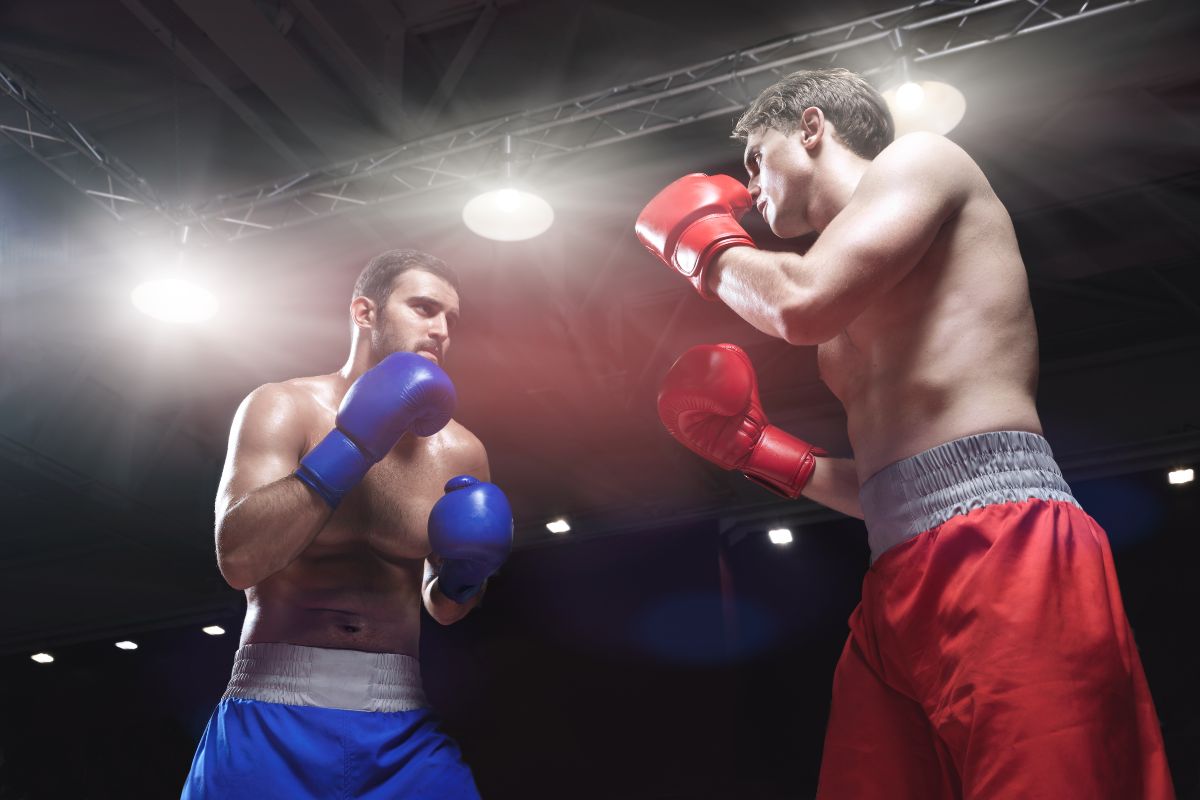Prize Fighting is covered under 83 of the Criminal Code of Canada. Prize Fighting occurs when two people who have met for a previously arranged encounter for a fight, whether by fists, hands or feet. The offence of prize fighting includes those who encourage, advertise, officiate or umpire, or attend to report or aid. For context on related offences involving physical altercations, see our overview of Assault Laws in Canada.
Prize Fighting is a straight summary offence.
Examples
Some examples of a charge of Prize Fighting may include the following:
- A person attends a prize fight in order to provide medical aid to the combatants.
- A person attends a prize fight for the purpose of officiating the prize fight as a referee or judge.
- A person promotes or encourages a prize fight by encouraging the event to occur and encouraging persons to attend.
Defences
The defences available to a charge of Prize Fights are entirely dependent on the facts of your case.
However, some defences to a charge of Prize Fighting may include:
- The accused was wrongly identified as the person who committed/provided Prize Fights
- The accused did not intend to commit the offence of Prize Fights by providing medical aid services
- The accused was mistaken in encouraging Prize Fights in good faith
Punishment
A charge of Prize Fights is a straight summary offence, which entails a maximum punishment as follows:
- The crown may only proceed summarily, therefore Imprisonment for a term not exceeding two (2) years less a day, and/or a $5000 fine,
Punishments for Prize Fights is consistent with that of a summary conviction offence. There are no mandatory minimum penalties for this offence. The maximum is no more than 2 years of incarceration. To understand how judges determine penalties, see Criminal Sentencing in Canada.
Overview of the Offence
According to s. 83 of the Criminal Code:
Prize Fights
Engaging in prize fight
83 (1) Every one who
(a) engages as a principal in a prize fight,
(b) advises, encourages or promotes a prize fight, or
(c) is present at a prize fight as an aid, second, surgeon, umpire, backer or reporter,
is guilty of an offence punishable on summary conviction.
The Guilty Act (Actus Reus)
The actus reus for a charge of Prize Fights under s. 83 is established by proof, beyond a reasonable doubt, of the following:
- The accused’s external actions include being a principal, advising, aiding, or umpiring, a prize fight
The Guilty Mind (Mens Rea)
The mens rea for a charge of Prize Fights under s. 83 includes proving, beyond a reasonable doubt, that:
- The accused, knowing their actions were not authorized by law, encouraged, or promoted a prize fight
Defences
How to Beat a Prize Fighting Charge
Every case is different. The availability and strength of any defence depend entirely on the specific facts of your case. The strength of any available defence rests on the evidence against you and the precise details of the allegations. However, the following are some common defences that may be used when fighting a Prize Fighting charge: If your matter proceeds to trial, review the steps in The Stages of a Criminal Trial in Canada.
Factual Innocence
A strong defence against a Prize Fighting charge is to maintain that you are factually innocent. If you can show that the facts and the evidence do not support that you engaged in Prize Fights, then you may have a defence that you were factually innocent.
Lack of Intent/Mistake
If you can show that you were never seeking to commit the offence of Prize Fights, and were merely attending an event as a spectator, and were not aware of the licensing requirements the event organizers were required to adhere to. For you to be convicted of Prize Fights, the crown must prove that you had knowledge of the prize fights. If this cannot be proved this could be a suitable defence.
Identity
Depending on the circumstances of your case, a possible defence to a Prize Fights charge may be to raise an identity defence. In this case, for this defence to be raised successfully, you will have to prove that you were not the person who committed the prohibited acts.
Any applicable Charter defences
The Charter sets out your rights and freedoms before and after your arrest. If the police fail to abide by these rights deliberately or inadvertently, it could aid in your defence. If any of your Charter rights have been violated before or after your arrest, you may be able to have some or all of the evidence that the Crown is relying on to secure a conviction excluded under s. 24(2) of the Charter. For a general overview of what to expect after being charged, see What happens when I am charged with a crime?
Punishments
The Criminal Code provides for a possible maximum term of imprisonment of no more than 2 years less a day for those convicted of a Prize Fights charge.








